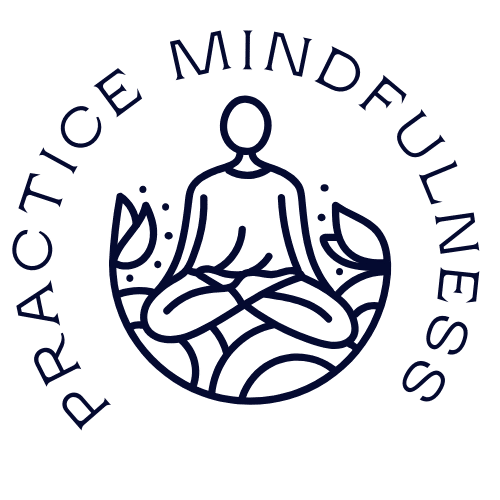Practice Mindfulness in Your Everyday Life, Mindfulness is more than just a buzzword—it’s a powerful tool for improving mental health and overall well-being. Incorporating mindfulness into your daily routine can reduce stress, enhance focus, and help you live a more balanced life. Here are eight simple ways to practice mindfulness every day.
-
Table of Contents
Start Your Day with Meditation
Kickstart your morning with a short meditation session. Spend 5-10 minutes focusing on your breath. This practice can help you set a positive tone for the rest of the day, improve your mental clarity, and reduce stress.
-
Practice Deep Breathing
Deep breathing exercises are an excellent way to bring mindfulness into your daily life. Take a few moments throughout the day to focus on your breath. Inhale deeply through your nose, hold for a few seconds, and exhale slowly through your mouth. This simple technique can help you calm your mind and reduce anxiety.
-
Mindful Eating
Transform your meals into a mindfulness practice. Pay attention to the taste, texture, and aroma of your food. Chew slowly and savor each bite. This not only enhances your dining experience but also aids in better digestion and prevents overeating.
-
Be Present in Conversations
Mindful listening can strengthen your relationships and improve communication. When engaging in conversations, give the other person your full attention. Avoid multitasking, and focus on their words, emotions, and non-verbal cues. This practice fosters deeper connections and understanding.
-
Take Mindful Walks
Walking is a perfect opportunity to practice mindfulness. Instead of rushing, walk at a comfortable pace and pay attention to the sensations in your body, the rhythm of your steps, and your surroundings. Notice the sights, sounds, and smells around you. This simple activity can be incredibly grounding and refreshing.
-
Practice Gratitude
Cultivate a habit of gratitude by reflecting on the positive aspects of your life. Every evening, jot down three things you are grateful for. This practice shifts your focus from what is lacking to what you have, promoting a more positive outlook on life.
-
Limit Screen Time
Excessive screen time can lead to mental fatigue and reduce your ability to stay present. Set boundaries for your device usage and incorporate screen-free periods into your day. Use this time to engage in activities that bring you joy and relaxation, such as reading, gardening, or spending time with loved ones.
-
Practice Self-Compassion
Mindfulness is also about being kind to yourself. When you make a mistake or face a setback, practice self-compassion. Acknowledge your feelings without judgment and treat yourself with the same kindness you would offer a friend. This approach helps build resilience and self-acceptance.
Integrating these mindfulness practices into your daily life can enhance your mental well-being, reduce stress, and live more fully in the present moment. Start small and gradually incorporate more techniques as you become comfortable. Remember, mindfulness is a journey, not a destination.
Advantages of Mindfulness
Mindfulness offers a wide range of benefits that can significantly improve your quality of life:
- Reduces Stress: Regular mindfulness practice helps lower cortisol levels, the stress hormone, leading to a more relaxed state of mind.
- Enhances Focus: By training your mind to stay present, mindfulness improves concentration and reduces distractions.
- Boosts Emotional Well-being: Mindfulness helps you become more aware of your emotions, allowing you to manage them better and respond rather than react.
- Improves Physical Health: Studies have shown that mindfulness can lower blood pressure, improve sleep quality, and boost the immune system.
- Strengthens Relationships: By practicing mindful listening and empathy, you can build deeper and more meaningful connections with others.
How Mindfulness Works
Mindfulness works by shifting your focus from the past or future to the present moment. This practice involves paying attention to your thoughts, feelings, and surroundings without judgment. By doing so, you create a space between stimulus and response, allowing you to choose your reactions more thoughtfully.
The brain benefits from mindfulness through neuroplasticity—the brain’s ability to reorganize itself by forming new neural connections. Regular mindfulness practice can strengthen areas of the brain responsible for attention, emotional regulation, and self-awareness. This leads to long-term improvements in mental and emotional health.
By integrating these mindfulness practices into your daily life, you can enhance your mental well-being, reduce stress, and live more fully in the present moment. Start small and gradually incorporate more techniques as you become comfortable. Remember, mindfulness is a journey, not a destination.
